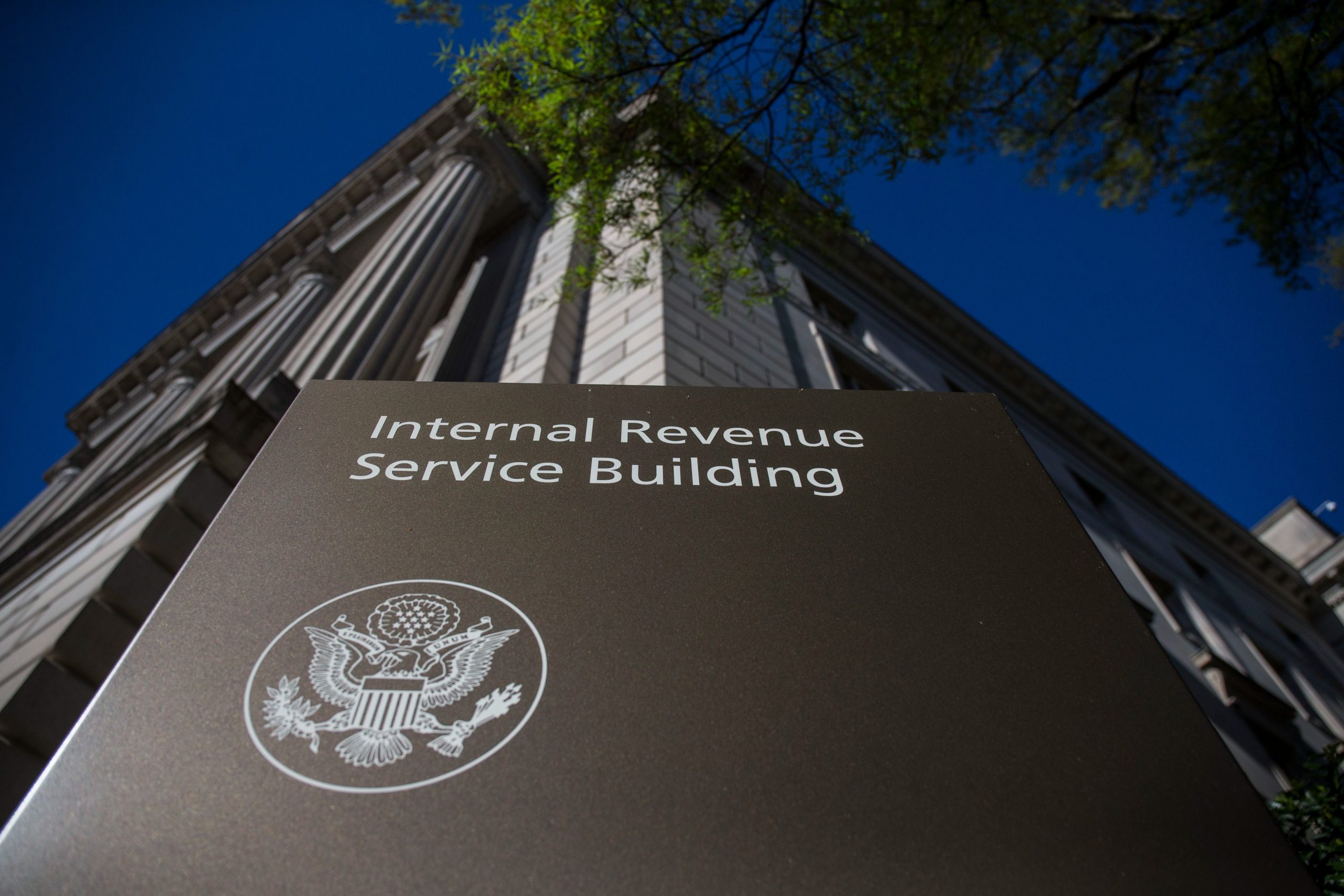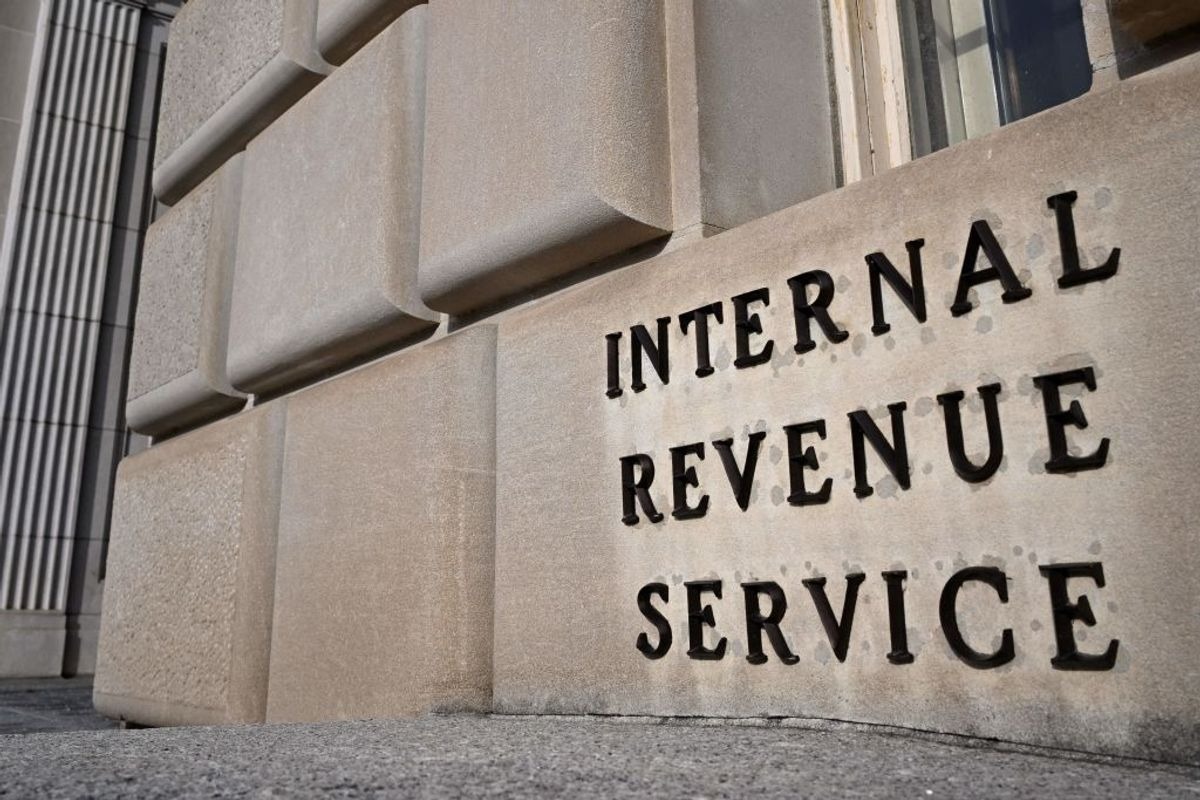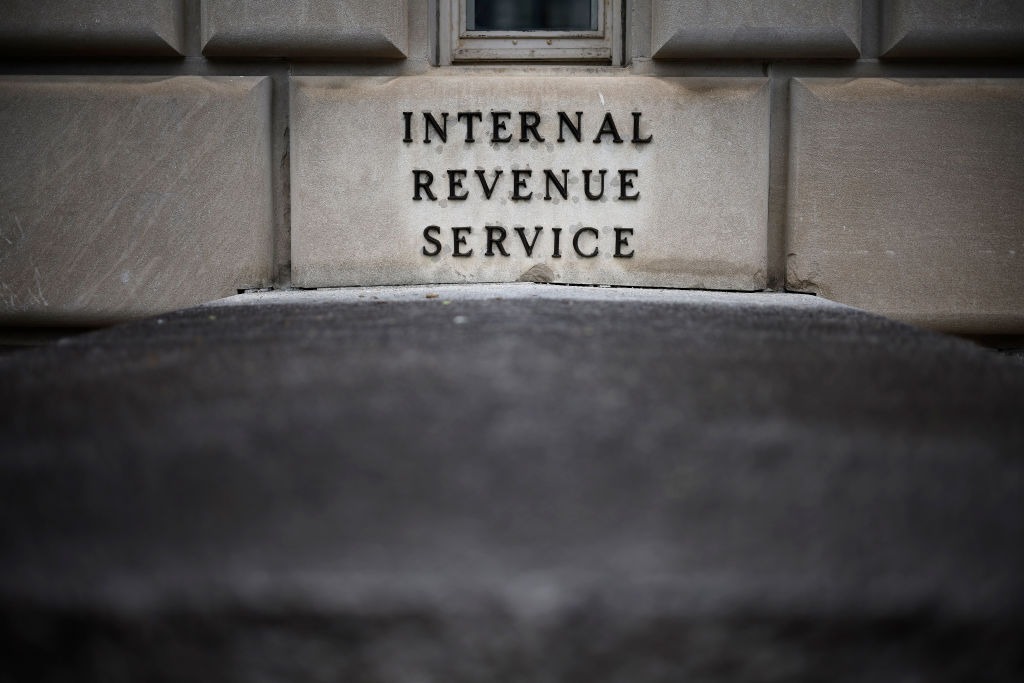Many U.S. taxpayers in twelve states can now electronically file their federal returns directly to the IRS for free, a move some have criticized as unnecessary and potentially harmful.
Over 50,000 taxpayers in states like Arizona, California, and Texas have utilized the new online IRS Direct File program this tax season to simplify tax filing for individuals with W-2 income or basic credits and deductions.
However, opponents argue that this government program could undermine professional tax preparers and confuse taxpayers accustomed to private software that handles federal and state returns together. The IRS Direct File program, launched in mid-March for the 2023 filing season, targets simplicity for those with straightforward tax situations.

IRS (Credits: CNN)
It’s part of President Joe Biden‘s efforts, authorized by Congress through the Inflation Reduction Act, to offer free tax filing options and reduce taxpayers’ financial burdens. The program’s eligibility criteria are designed to cater to students, young people, and those with uncomplicated tax affairs.
While the initiative has garnered praise for potentially saving taxpayers money and reducing filing fees and time, critics, including Republican lawmakers and tax professionals, have voiced concerns.
They argue that the program could negatively impact tax preparers’ livelihoods and that the IRS should focus on improving customer service rather than competing with existing tax filing services.
The program’s small-scale pilot phase aims to assess its effectiveness and functionality before potential expansion. Advocates believe Direct File could encourage tax participation, especially among low-income households, by offering an accessible and free way to file taxes. They emphasize the importance of simplifying the tax filing process, which can often be daunting and costly for many individuals.

IRS System (Credits: Snopes)
However, concerns persist about the program’s long-term implications, particularly its impact on professional tax preparation services and state revenues. Republican attorneys general have raised constitutional concerns, suggesting that the program gives the IRS excessive authority and could disrupt the current tax filing ecosystem.
Despite the ongoing debate and criticism, the IRS continues to promote Direct File as a user-friendly option for eligible taxpayers, emphasizing its potential to save money and streamline the tax filing experience.
The program’s future trajectory and expansion will likely depend on its performance during the pilot phase and the ongoing feedback from taxpayers and stakeholders.























